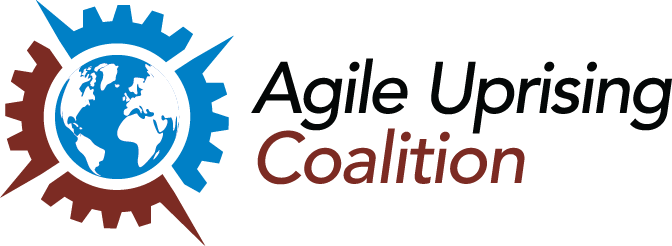I’m reading Paul Hill’s book: https://www.amazon.com/Leadership-Mission-Control-Room-Boardroom/dp/099863431X
A captivating glimpse into NASA Mission Control’s descent into “no ripples allowed” +“diplomacy over clarity” and subsequent rebuilding of trust at all levels.
The TLDR is that the rebuilding started at the very top of the org, and re-grew level by level.
It was, a continues to be, a leadership journey.
Hill’s got five book recommendations that were integral to NASA MOD’s transformation/rebirth:
-
What Got You Here Won’t Get You There, Marshall Goldsmith
-
The Speed of Trust : The One Thing That Changes Everything, Stephen M. R. Covey
-
Leading Change, John P. Kotter
-
Good to Great: Why Some Companies Make the Leap… and Others Don’t, Jim Collins
-
Built to Last: Successful Habits of Visionary Companies, Jim Collins and Jerry I. Porras
And he suggests a leadership book club that works thru the titles, top to bottom.
And not your standard book club - an experiential one.

